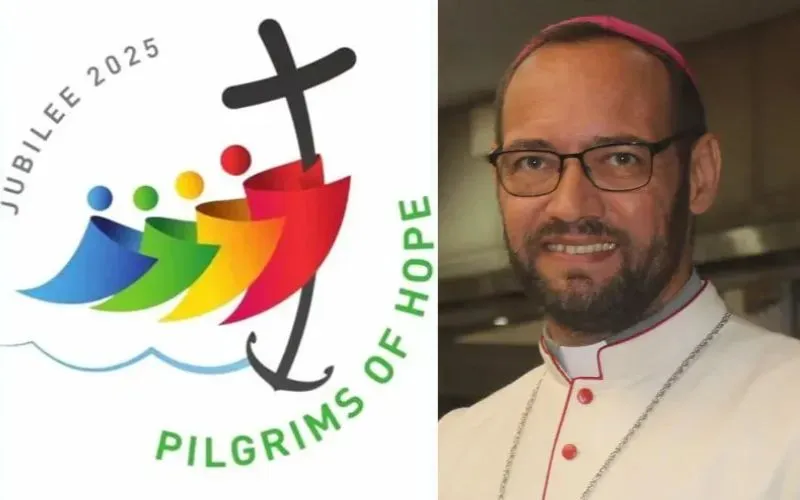Criminal actions in Nigeria have usually resulted in crises that are attributed to religion because of “the inability to isolate crises and deal with them appropriately,” Archbishop Kaigama observed during the November 19 interview with ACI Africa.
He used the example of an attack by a youth group and a section of herders wreaking havoc to farmlands to highlight the tendency for various conflicts to generate into religious crises saying, “irrational youths may attack a group and it soon becomes a Christian/Muslim affair; just as herders who destroy farmlands, and the matter soon takes on a religious undertone, instead of tackling the problem as a socio-economic one.”
“The inability to isolate crises and deal with them appropriately is responsible for the perception that every crisis is religious, and when people suffer, they believe that it is because they are either Muslims or Christians,” Archbishop Kaigama further explained.
He also cautioned against “the hypersensitive reactions of Islamic and Christian umbrella groups in Nigeria” and described such responses as “terribly unhealthy, as they are quick to defend every action that does not please them and interpret it as a violation of aspects of their religions.”
Faith-based umbrella groups in Nigeria, the Local Ordinary of Abuja Archdiocese told ACI Africa, “are in a habit of using a sledge harmer to kill a fly; invoking the fire of destruction, threatening and blackmailing, and using vocabularies that hardly edify.”
“They (faith-based umbrella bodies) demonstrate hostility, intolerance, negative hypersensitivity, over-reactionary tendencies rather than seeking reconciliatory initiatives whenever there are infringements of what they believe are their religious rights or privileges,” Archbishop Kaigama further observed.
He continued, “In Nigeria, in the face of religious challenges, we behave as if God is so feeble that he has to be defended; we focus on external religious traditions and we are ready to burn down the whole nation over what can be regarded as religious trivialities. We focus on peripheral issues instead of concentrating on the very essence or core of religion, such as, the imperative of holiness, prayers, love of neighbors, care of the poor and needy, justice and peace. We act with such hostility and aggression over religious matters that it appears we are more religious than God himself.”
According to Archbishop Kaigama, “The perception that the persecution of Christians in Nigeria is widespread is not altogether the reality. It would be an unfair generalization to speak in such terms.”
As “a multi-religious country” with two main religions being Christianity and Islam, he said, “what obtains in the North in terms of the abuse of religious freedom, is vastly different from the situation in the East or the West of the country.”
“There are Churches and Mosques everywhere in the country, so, the dimension of the abuse is different from the popular notion of what constitute abuse of religious freedom or persecution,” he noted.








